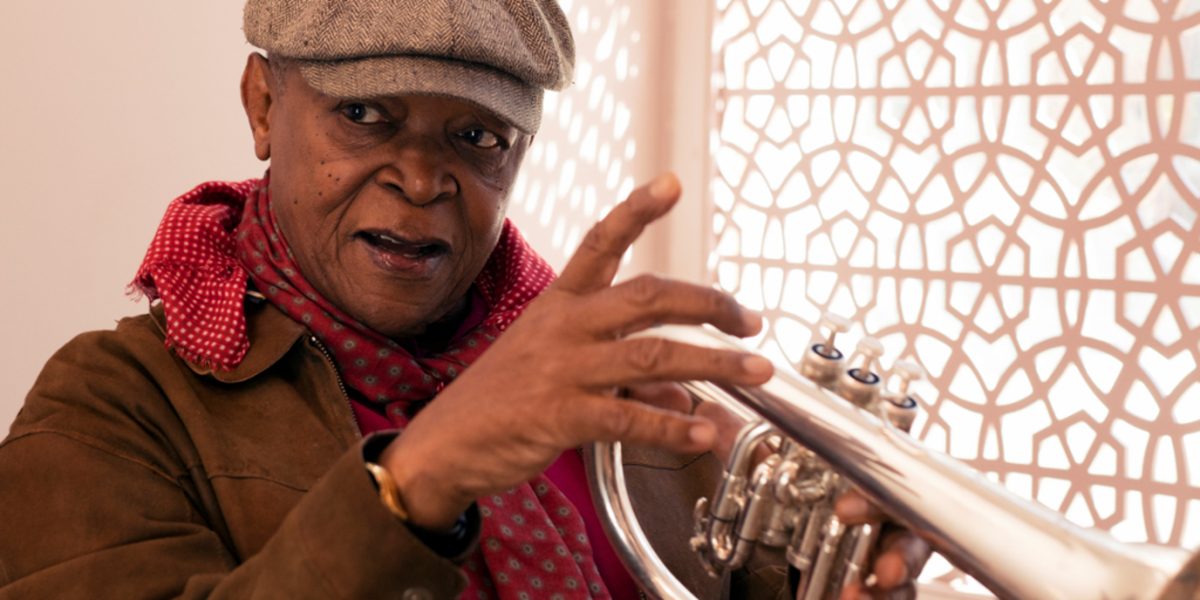Friday, February 23, 2018
Obituary: Hugh Masekela 1939-2018
Nigel Williamson on the life of the colossus of South African music who died on Februrary 23

© Brett Rubin

Register now to continue reading

Thanks for visiting the Songlines website, your guide to an extraordinary world of music and culture. Sign up for a free account now to enjoy:
- Free access to 2 subscriber-only articles and album reviews every month
- Unlimited access to our news and awards pages
- Our regular email newsletters

